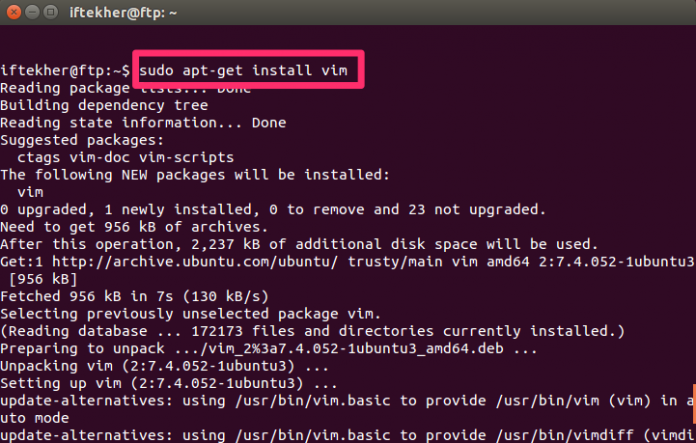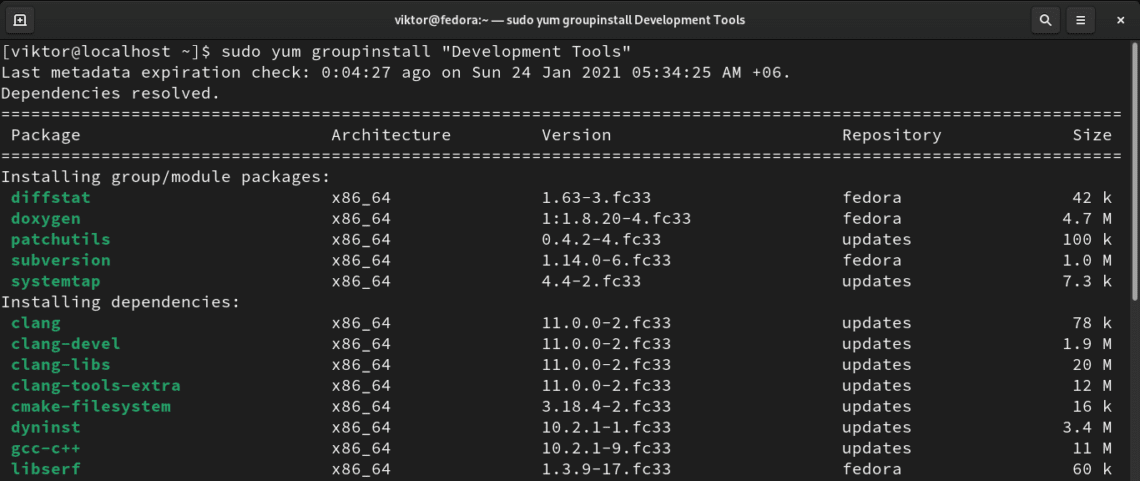


Install the CUDA package using the instructions on the

RHEL), version ( 7), and installer type (OmniSci recommends Select your target platform by selecting the operating system ( Linux),Īrchitecture (based on your environment), distribution ( CentOS or Use the name of the kernel ( 3.10.0-862.11.6.el7.x86_64 in the following code example) to install kernel headers and development packages:.Identify the Linux kernel you are using by issuing the uname -r command.If this procedure to install kernel headers does not work correctly, follow these steps instead: Reboot your system to ensure that the kernel is up to date:.

Sudo yum install kernel-devel-$(uname -r) kernel-headers$(uname -r)


 0 kommentar(er)
0 kommentar(er)
